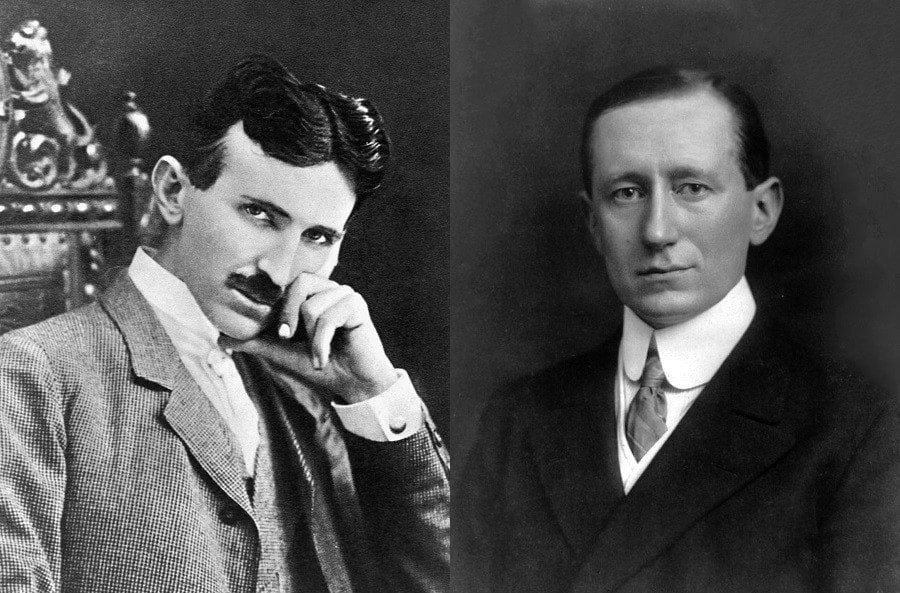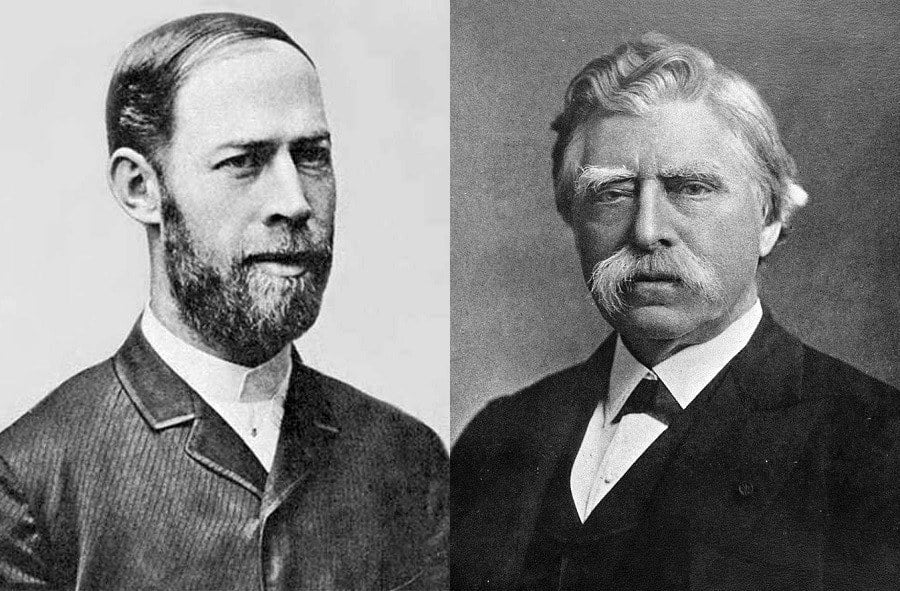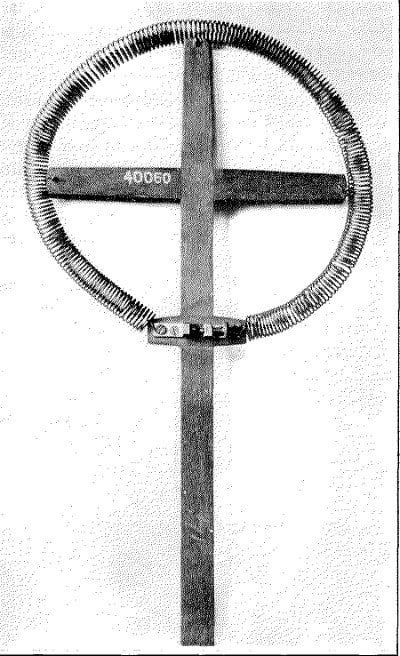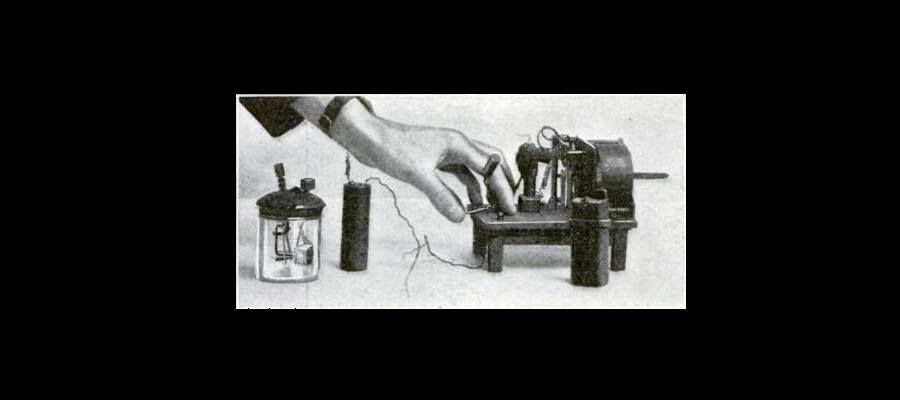Neither Nikola Tesla Nor Guglielmo Marconi Invented The Radio

Left: Nikola Tesla. Right: Guglielmo Marconi. Image Sources: Wikimedia Commons (left), Wikimedia Commons (right).
The most common version of the story states that Guglielmo Marconi invented radio. Marconi did indeed build the first successful apparatus for the long-distance transmission of radio signals, sending honest-to-goodness signals several times during public demonstrations between 1895 and 1897. Soon, he received the first patent in “wireless telegraphy” (as it was then known). He then received a patent in 1904, widely recognized as the one marking the invention of radio. He received the Nobel Prize in Physics for his achievements a few years later. Overall, Marconi’s case is strong.
A modern-day demonstration and explanation of a Tesla coil.
The most common attack on Marconi’s claim comes from supporters of Nikola Tesla, one of history’s most famous inventors. He invented the now famed Tesla coil, essential in transmitting radio waves, in 1891. Four years later, he was set to actually transmit radio signals, over a distance of 50 miles, before a fire destroyed his lab. But by 1897, he’d rebounded and filed several radio patents, which were eventually granted in 1900. Over the next three-plus years, Marconi’s radio patents were routinely denied on the grounds that they relied too heavily on the work of Tesla (and a few other inventors).
But in a startlingly rare decision, the Patent Office reversed their decision in 1904 and gave Marconi the patent for the invention of radio. Many argue that the Patent Office unfairly caved to Marconi because he and his family had many connections among the wealthy and powerful, and because Marconi himself had started making quite a lot of money with his early radios. Naturally, this all paints Tesla as the unsung hero.

Left: Heinrich Hertz. Right: David Edward Hughes. Neither man ranks with history’s msot famous inventors. Image Sources: Wikimedia Commons (left), Wikimedia Commons (right).
But, once again, the final showdown between the two heavyweights is actually more of a smokescreen hiding the truly pioneering work that came before. Starting in 1886 — almost a decade before Marconi’s public demonstrations — German physicist Heinrich Hertz, seldom recognized as one of history’s most famous inventors, conducted a series of experiments in which he successfully observed and transmitted electromagnetic waves for the first time ever.

One of Hertz’s earliest receivers used to detect radio waves. Image Source: Wikimedia Commons
So why didn’t he go down in history like Marconi or Tesla? In short, Hertz’s experiments were far more coldly, abstractly scientific than Marconi’s or Tesla’s. He demonstrated what could be done in a lab, but had no eye toward how these discoveries could function outside of a lab, let alone in the public and commercial spheres. When asked about the ramifications of his experiments and what practical purpose they could serve, he replied, “Nothing, I guess.”
Before Hertz became the first person to conclusively prove the existence of radio waves, it was difficult for other researchers and inventors to know whether or not they may have been transmitting those same waves themselves. Nevertheless, British-American inventor David Edward Hughes seems to have a very strong claim for transmitting radio waves in 1879, seven years before Hertz’s first experiments.

The spark transmitter (right) and microphone (left) that Hughes used to detect radio waves. Image Source: Wikimedia Commons
As was the case with the faulty reed that helped kickstart Alexander Graham Bell’s work on the telephone, Hughes noticed that a spark from a faulty telephone of his could be picked up by a microphone device he’d invented. Soon, his own homemade sparking device could transmit waves to his microphone over a distance of 500 yards — waves that, given the nature of his equipment, almost certainly would have been radio waves.
The esteemed scientists at London’s Royal Society concluded that Hughes hadn’t actually transmitted radio waves, but instead some kind of other, less significant, electromagnetic waves. However, Hughes wasn’t a trained physicist and thus couldn’t sufficiently argue his case, strong as it was. Plus, any official body (like the Royal Society) was quick to dismiss radio waves in the era before Hertz conclusively proved their existence. Thus, many now claim that the dismissal of Hughes was unwarranted and that he in fact deserves credit for inventing the radio.






